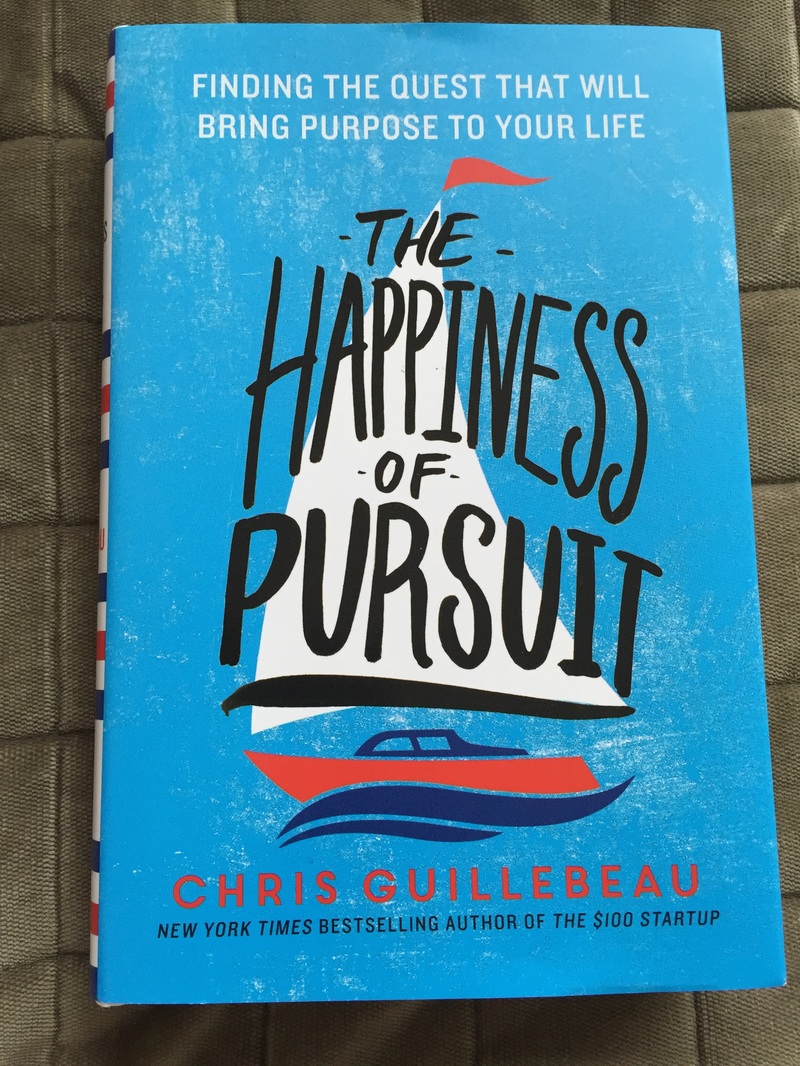|
How many hours do you spend at home? Being a freelance writer means staying at home a lot. In short, your home becomes a place for both work and rest. It is not a secret that freelance writers constantly need a productivity boost. It can help manage time, write high-quality papers and even play a big role in the journey to becoming successful writers.
Here's the deal: you need to organize your workplace. Consider these three main steps: Remember your health. Pick a comfortable chair that supports your lower back. Remember to stand up and rest. Also, work standing up sometimes as this gives your upper back and neck some relief. Try it! Divide where you work and where you relax. Try to organize your workplace area into two zones: computer and non-computer. Work in zone 1 and relax in zone 2. See how it impacts your productivity. Prepare your writing desk. Always keep it clean. Decorate your desk with plants, keep your cup of green tea within reach, and start working hard! I have only scratched the surface of workplace organization; to learn more, a useful infographic by OmniPapers would be worth checking. Don't hesitate to share it with your friends and colleagues, as it might be useful not only for freelance workers but for students, too.
Do you have your own secrets of workplace organization? I am waiting for your ideas...
About the author: Emily Johnson, content strategist at OmniPapers blog, loves the writing process. She plans to publish a self-growth and self-development book next year and teach English to non-native speakers as a private educator.
0 Comments
 I love reading. If you've read my blog before, you know I am a huge fan of anything Chris Guillebeau. I was recently at the World Domination Summit 2015 in Portland OR - a conference organized by Chris for 5 years now. Part of the swag bag was a copy of his book "The Happiness of Pursuit" - Finding the Quest that will Bring Purpose to your Life. Did not realize it at that time but I had already purchased his book so now I have an additional copy to giveaway. So here's the deal - follow this link and sign up for my newsletter which I only send out every other month (and you can unsubscribe from at any time)! Random winner will be announced 1st September 2015. Good luck!  Jonathan fields Jonathan fields A quick search online will tell you Jonathan Fields heads the Good Life Project and is also the author of Uncertainty and Career Renegade. I was introduced to his work through a reading project where I remember his name mentioned. To this day, his Good Life Project living creed and this quote - “Our greatest opportunity for impact lies not just in connecting people to us and our ideas, but in creating a safe place where people can connect with and support each other in the quest to take the sustained action that leads to profound change.”- are printed and pinned to my work-board so I read it every time I look up from my laptop. I now have both his books as well on my reading table. Jonathan spoke recently at the World Domination Summit held in Portland OR on RevolutionU: How to Tap Revolution-Dynamics to Fuel Rapid Business Growth, Build an Army of Evangelists and Change the Damn World but I could not attend, kickass as that session does sound. I did, however, listen to one of his podcasts and while I am in no way commencing on a revolution at this time, I felt that much of what he spoke resonated with me as a freelancer and entrepreneur. As a foundation, Fields notes it is important to understand whom you serve and what pain point it is that you are addressing. Every business owner will agree that right there is the make or break factor for any business. As the leading force of your efforts, especially if you are looking to get a revolution going, it is important to not just have humility and vulnerability but also the desire to serve and be truthful in your actions. I believe these are great characteristics to have as an entrepreneur as well. When people see that you are one of them, they are willing to take your lead. Having some way to bring these people together, whether that is through a book or an event, is integral - great takeaways for those wanting to become business leaders in their communities. Secondly, a clear idea of your messaging is vital. Again, many business owners fail at this and quite a few of us are guilty of giving clients vague ideas of exactly what we do. Fields stresses on having an understanding of what you are moving away from and what you are moving toward if a revolution is what you have in mind – unifying beliefs are what bring people closer together. He also talks about building your story and crafting your manifesto, which I think, depending on what stage your business is, could apply just as well to your ethics as an entrepreneur as it would to leading a revolution. Thirdly, the execution of that theory into action by defining the path of what you will do and how. In a business sense, I would essentially look at this as a business plan. Fields offers two ways of moving forward – a transactional or a sustained path – to build your tribe, your community. To deepen that tribe mentality, he talks about shared symbology and language, which in business terms, really boils down to your logo and your tagline or buzzwords that attract clients to you. Assembling torchbearers and key resources is next, to put their faith in your products and services and then recommend that to others. Lastly, there is the big launch, of course. Accompanied by social media in all its glory these days. It is important to have mechanisms and milestones, and be transparent about your goals, as it is with any business. Other considerations such as thought triggers and emotional attachments, observable practical value of what is on offer and the power of storytelling that ties it all together is just as important to a business as it is to any revolution. Fields provides useful ways to understand narrowing your field of ideas to clamp down on whom you want to serve. He also throws light on the starting point of your efforts, small group focus, the why of what you do and the role that connections and solutions play in the larger picture – all things useful to running a thriving business as it is to sustaining a revolution. And arriving at that tipping point when your revolution has its own momentum. To a business owner though, and a solopreneur at that, what would that tipping point be? The day you don’t have to market your services any more? The month you make 2x more than you did the same time last year? The minute people call you for your work? The first time you publish on LinkedIn? I believe I might have accomplished a few tipping points in the few years I have been a full-time freelancer, and that I have a few more such tipping points to look forward to in the future, but at what point is a business considered to be in that momentum as Fields speaks of with revolutions. What do you consider your tipping point? |
Categories
All
Archives
March 2023
|

